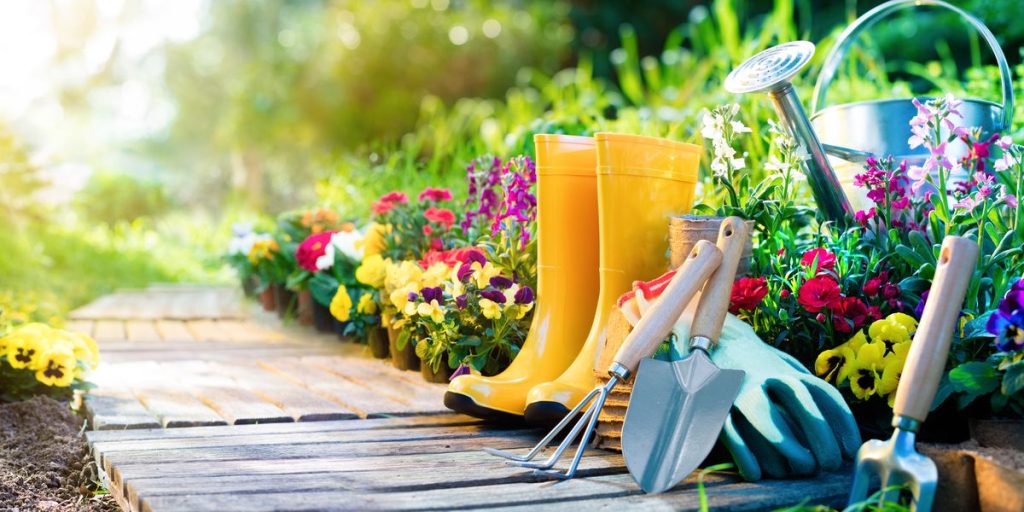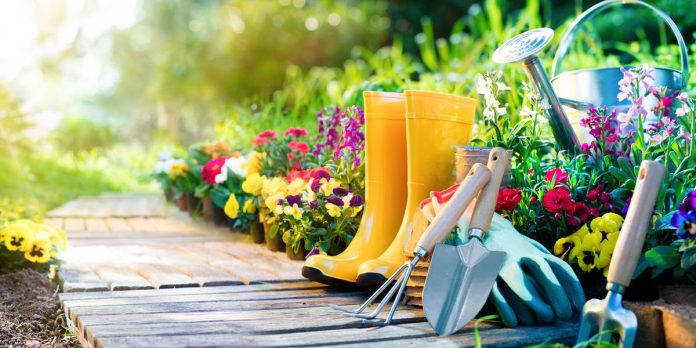Many people see organic gardening as a way to contribute to the safe-keeping of our beautiful planet. For others it presents the opportunity to put nutrient-rich and chemical-free food on the table. Both are laudible reasons. Whatever your reason is, you may find that these suggestions really help.
To make your garden more productive, allocate space based on what grows best in your area instead of simply choosing your most favorite crops. Although you may love beets, if tomatoes grow better in your climate then give them more room in your garden and make your beet plantings smaller. Ask your neighbors or take a look around your area to see what grows best in your region.
Check for weeds often in your garden as they will leech nutrients from the soil. Weeds can grow at a high rate of speed and overwhelm the resources available to your plants. Take the time to check for weeds at least twice a week to catch them while they are new shoots.
A great tip to having a fantastic garden is to be realistic. When shopping the glossy packages of seeds are very appealing, yet many of them only grow in specific climates. Be realistic to what grows in the area and do not plant items that do not grow well. It is so disappointing to plant a garden and have almost no fruits and vegetables come from it.
To get rid of the snails plaguing your garden, set an open container of beer on its side where you usually find them. The snails will be drawn to the scent of the beer and trap themselves. If you’d like to make this trap even more effective, try adding a little bit of brewer’s yeast to the can.

Consider using weed-control cloth in your garden. Weeds cause a tremendous amount of work for any gardener. While the cloth is not the most attractive option, it does its job. If you place strips of the material in between the rows of your garden, it will keep out the vast majority of the weeds.
Draw your fingernails across a bar of soap, to seal the undersides of your nails off. Doing this will prevent dirt from becoming trapped underneath them while you are gardening. When you are finished in the garden, you can clean your nails with a nailbrush to remove the soap.
When you have an abundance of seeds from your garden, a helpful way to store them away without drying them out is to use old, nylon stockings as a storage bag. After you add the seeds to the stocking, simply tie a knot at the top and hang the stockings in a warm, dark place to store until spring.
Keep track of your organic garden’s progress in a gardening journal. Make note of everything – the dates you plant, the dates you fertilize, pests that arrive, which repellents work, when you begin harvesting, and how fruitful your garden is. This information will be valuable to you as you plan your garden in the years ahead and will help you to be a successful gardener.
The best time to water your organic garden is early in the morning. By watering at the start of the day, you are allowing any moisture that accumulates on the leaves to dissipate. This helps to discourage the growth of any mildew or fungus on the leaves that cold air and water would combine to create.
Organic gardening means trying to grow plants as naturally as possible without the use of chemicals. So when the time comes to kill harmful, plant-eating insects, try planting a few flowers in your vegetable garden. The flowers will attract beneficial insects that naturally kill the harmful ones. These beneficial insects perform other valuable services like pollination as well as pest control.
Depending on the season and weather, adjust your watering habits. The amount of water needed will change based on time of the day, the content of your municipal water and what your soil make-up is. For instance, if you live in a warm, humid climate watering the leaves can cause leaf fungus. Make sure that your root system is well-watered.
Encourage earthworms in your soil. Earthworms make for healthy soil by eating the soil and thereby aerating it in the process. They also leave behind their castings, or vermicast, which is a great organic nutrient-rich fertilizer. The vermicast also retains water and nutrients better than soil without worms.
After you plant tomatoes in your garden, plant another set three weeks later. This makes sure that you are not inundated with a huge tomato harvest all at one time. You will also prevent your vegetables from being ruined all at once by an unexpected frost or an infestation.
The above list should have provided you with a some good ideas on becoming an even better organic gardener. It’s great that you have such an interest in the subject. Going organic is ‘green’; it is healthy, and it is enjoyable!


